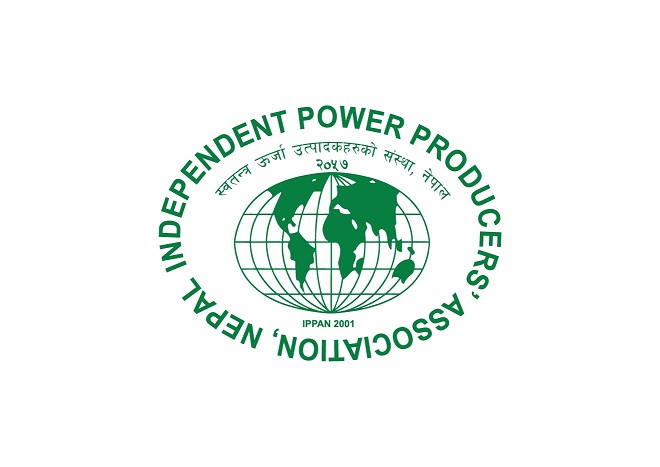

KATHMANDU: The Independent Power Producers’ Association, Nepal (IPPAN) has signed a memorandum of understanding in acquiring the International Renewable Energy Certificates (I-RECs).
This agreement is seen with significance in the context of the share of private sector gradually increasing in the country’s power production.
The MoU was signed by IPPAN Chairman Ganesh Karki and ProClime CEO Kavin Kumar Kandasamy at a function held here recently, according to IPPAN.
IPPAN’s agreement with ProClime will make 2,000 MW of electricity eligible for carbon trading in the first phase out of 2,700 MW generated by the private sector in Nepal.
With this agreement, Nepal’s private sector can engage in carbon trading worth around Rs 1 billion annually, said IPPAN Chairman Karki.
ProClime Chief Executive Officer Kandasamy said Nepal is likely to reap benefits from the carbon trade while its neighbours India, Bhutan and Sri Lanka have been already taking advantages from it.
International Hydropower Association (IHA) Vice Chair Sushil Pokhrel said hydropower projects being developed in Nepal have met criteria for sustainable development and they will be awarded with budget from carbon trade soon.
On the occasion, Electricity Regulatory Commission Chair Dr Ram Prasad Dhital launched the I-REC calculator, a carbon footprint calculator designed for Nepal.
When 2,700 megawatts of electricity produced by the private sector is calculated in terms of the carbon trade, Nepal will get benefit of around Rs 1 billion.
Chair Dhital argued that Nepal should take benefits from carbon trading as it was popular in global market adding that Nepal despite having immense possibility of hydropower, so far Nepal has only generated 300 thousands megawatt power.
Joint secretary of Ministry of Forest Dr Maheshwar Dhakal said that Nepal was receiving small scale benefits from carbon emission via forest but yet to get more benefits.
Similarly, senior energy expert Prabal Adhikari said that Nepal should take benefits from carbon trading as Nepal was trading hydropower in regional markets.
The manager of the Global Carbon Council, Ashok K Chandel, and Eric Solheim of the Global Renewal Alliance also addressed the programme and opined that Nepal, situated between powerful nations like China and India, should benefit from carbon trade.
Established in 2001, one of IPPAN’s main purposes is to act as a link between the private sector and government organizations involved in developing hydropower in the country so that Nepalese citizens can get the maximum benefit from the development effort.
ProClime is a climate-first unified service provider, leading the charge towards a net zero future through its 3Cs: Carbon Projects, Carbon Trade, and Climate Investments, all overarched by comprehensive Advisory Services.
With a multi-stakeholder approach, ProClime actively engages with the government, businesses, tech and academia, finance and society to forge mutually beneficial solutions that foster a safer environment.